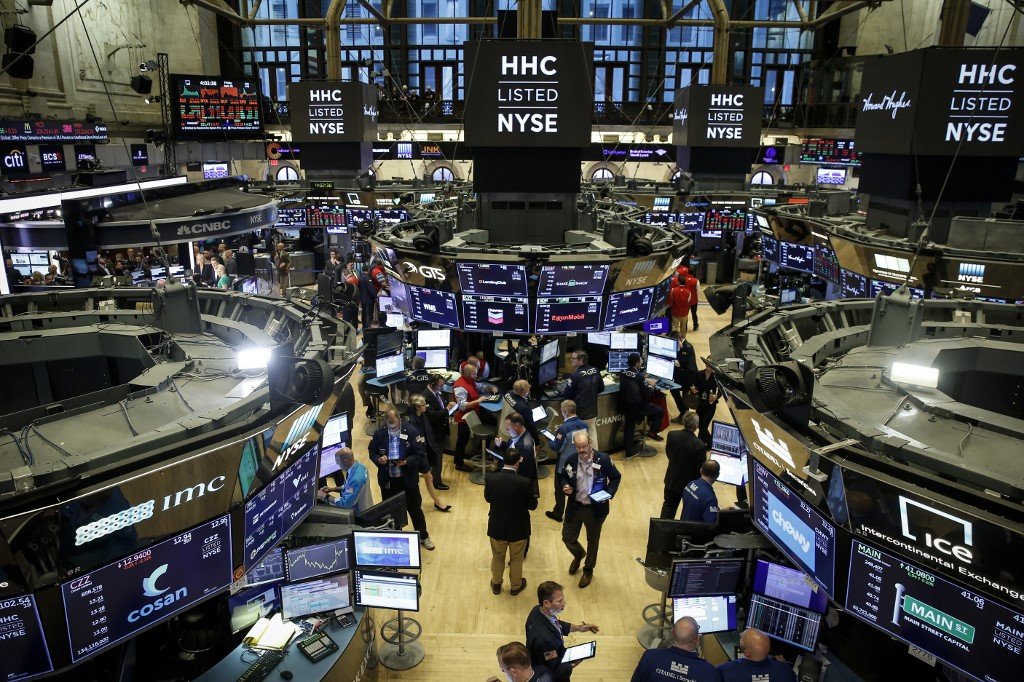Global stocks witnessed a change on Wednesday, with U.S. and European futures declining, as traders braced for the Federal Reserve policy decision. Oil fell with the U.S. pressuring OPEC+ to boost supplies.
Shares were lower in Hong Kong and China in the wake of Premier Li Keqiang’s warning that the world’s second-largest economy faces new downward pressures. The nation is also grappling with its most widespread coronavirus outbreak since the pathogen emerged in Wuhan in 2019.
An iron-ore rebound bolstered commodity-reliant Australia. Japan was shut for a holiday. S&P 500, Nasdaq 100 and European futures edged down following fresh peaks for U.S. shares. Wall Street has been buoyed by the resilience of company profits to rising costs from supply chain and labor disruptions.
A gauge of the dollar was steady after gaining the prior day. Cash Treasuries didn’t trade in Asia because of the Japan holiday. U.S. Treasury two-year yields overnight joined a global slide in short-term rates that was unleashed by the Australian central bank’s dovish stance. Australian sovereign yields declined.
The gyrations in short-term yields extended a period of heightened bond-market volatility as investors try to anticipate how hawkish central banks may become to quell inflationary pressures. The Fed is expected to announce that it will start tapering its massive bond purchases, but economists are divided on whether a rate liftoff will be next year or in early 2023.
“The big question will be whether they will signal anything about when the rate hikes will start,” Jeanette Garretty, chief economist at Robertson Stephens Wealth Management, said on Bloomberg Television. “I think they are going to try and avoid that.”
Elsewhere, oil retreated, with President Joe Biden blaming OPEC+ for fueling inflation ahead of its meeting Thursday to set output policy. Bitcoin was around $63,000 amid a rally in cryptocurrencies.
(Except for the headline, this story has not been edited by The Finance World staff and is published from a syndicated feed.)


